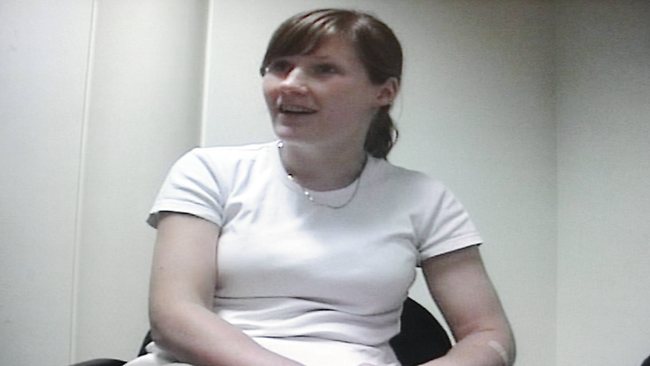Angelika Gavare asked Supreme Court to consider a reduced sentence for the murder of Vonne McGlynn
One of SA’s most infamous female killers has made a bid to reduce her jail term, but police and prosecutors have vowed to fight to keep her behind bars.
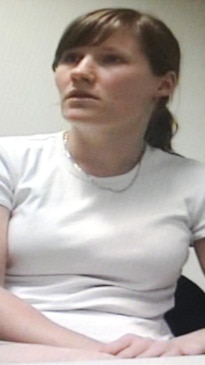
Police & Courts
Don't miss out on the headlines from Police & Courts. Followed categories will be added to My News.
A greed-driven murderer’s bid to reduce her record sentence for dismembering her elderly, vulnerable victim will be opposed by police and prosecutors, a court has heard.
On Monday, convicted murderer Angelika Gavare asked the Supreme Court to consider resentencing her for the murder of Vonne McGlynn, whose head and hands have not been recovered.
Gavare’s counsel argued the current state of her health, and her “co-operation” with SA Police – 13 years after her conviction – warranted a second look at her 35-year minimum term.
Under state law, offenders who reveal the location of their victim’s body can ask the court to consider their disclosure when setting their non-parole period.
However, that co-operation must lead to the discovery of the body or have some other benefit to justice, and be provided in a timely manner.
That is because, under law, anyone convicted of a murder is obliged to reveal such information and those who do not cannot be considered eligible to seek release on parole.
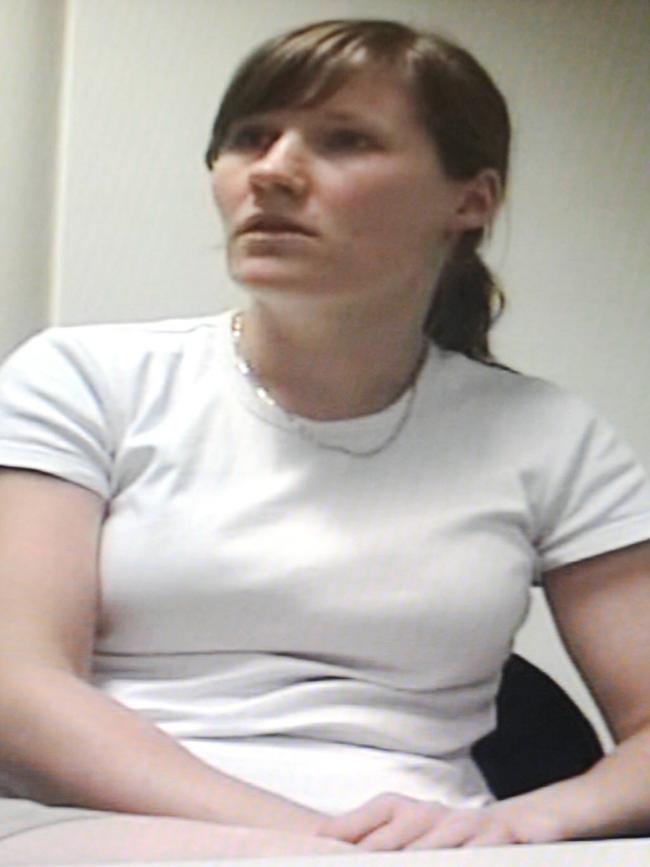
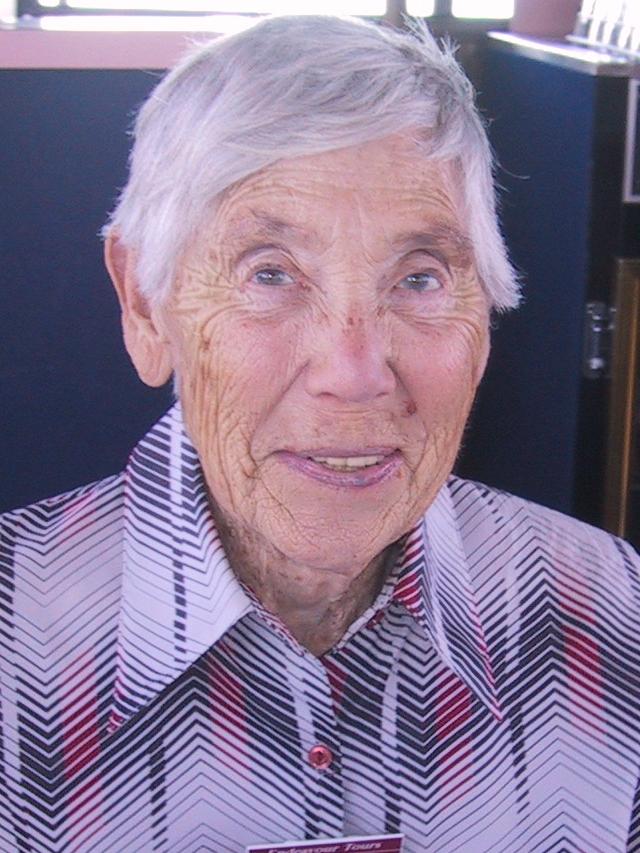
Gavare, now 48, murdered Ms McGlynn, 82, in her Reynella home on or about December 3, 2008.
Her motive was greed – the Latvian immigrant wanted to steal Ms McGlynn’s possessions and profit from the renovation and sale of her house.
Prior to the murder, Gavare repeatedly harassed Ms McGlynn, demanding to be her carer.
When the older woman rejected her she broke in, killed Ms McGlynn using one of her own prized statues, and then dismembered her body.
Gavare used her two children to cover the disposal of the body parts, taking a daily walk with them to a local creek and using their stroller to dump the pieces.
She also engaged in an elaborate attempt to disguise Ms McGlynn’s death, claiming her pension checks, trying to access her bank account and claiming she was on holiday.

Ms McGlynn’s head and hands were never found, however the serial numbers on her artificial hip – found floating in the water – helped police crack the case.
They subsequently discovered the dismemberment had occurred at Gavare’s home by following the scent of rotting flesh.
Gavare pleaded not guilty at trial, saying – under cross-examination – she was “offended” to be called a murderer.
She claimed Ms McGlynn died in a hit-and-run crash with her ex-boyfriend, who forced her to help stage a robbery to cover up the death, and she then decided to steal the home and property.
Her ex-boyfriend was never accused of, nor charged with, a crime and gave evidence against her in court.
In one of the trial’s most bizarre moments, the court was shown police video of her interrogation.
When the Gavare on-screen made jokes, the real Gavare – sitting in the dock of the court – laughed at her own humour.
Gavare was found guilty and, in November 2011, sentenced to life with a 34-year non-parole period – the longest sentence imposed, in SA history, upon a woman.
In sentencing, Justice Trish Kelly condemned her as a “greedy, narcissistic and deceitful woman with no morals or empathy”.
“There is no evidence of contrition or remorse, and you’ve not even had the decency to reveal how you disposed of the head and hands of this most unfortunate woman,” she said.
“Your actions reveal a profound disregard and disrespect for human life.”
After her conviction, Gavare was prosecuted for defrauding newsagency customers and trying to steal the identities of other pensioners prior to the murder.
In 2015, she was prosecuted for assaulting a fellow inmate of the Adelaide Women’s Prison.
A year later, police announced they would use the then-new “no body, no parole” laws to convince Gavare to give up the location of Ms McGlynn’s missing body parts.
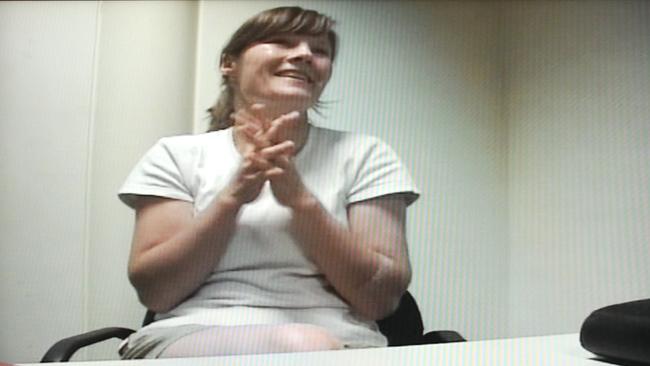
On Monday, Nick Vadasz, for Gavare, asked the court to order a report from the Parole Board about his client’s behaviour in custody and any rehabilitation she had undertaken.
He said he was seeking a separate report about her health, and that the court has been provided with a “co-operation report” authored by police.
Amy Fisher, prosecuting, said she did not oppose an adjournment so those reports could be obtained.
“There’s a clear basis for the application to the court but, ultimately, it will be opposed by the Office of the Director of Public Prosecutions,” she said.
Justice Sandi McDonald remanded Gavare in custody until September, when submissions will be heard.



